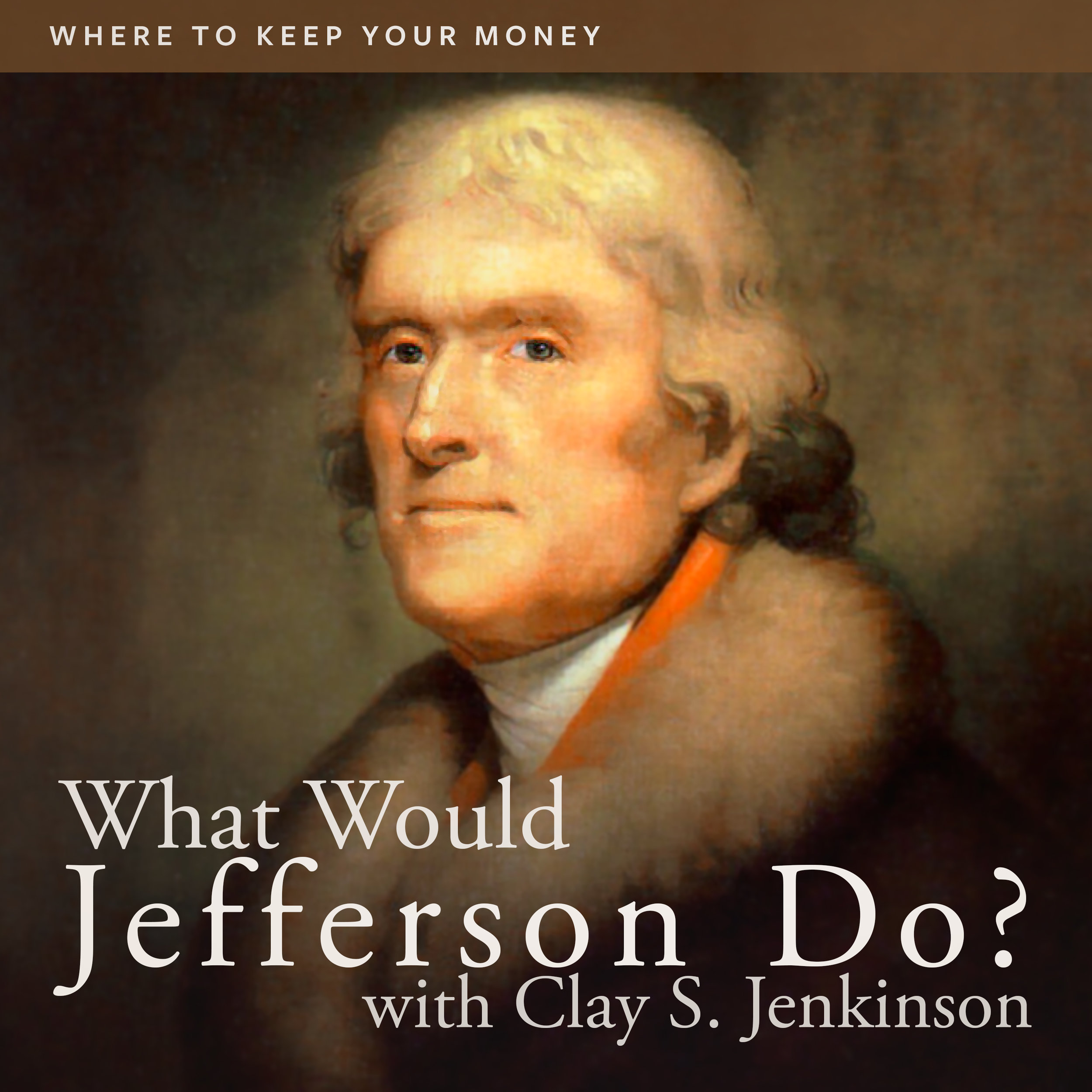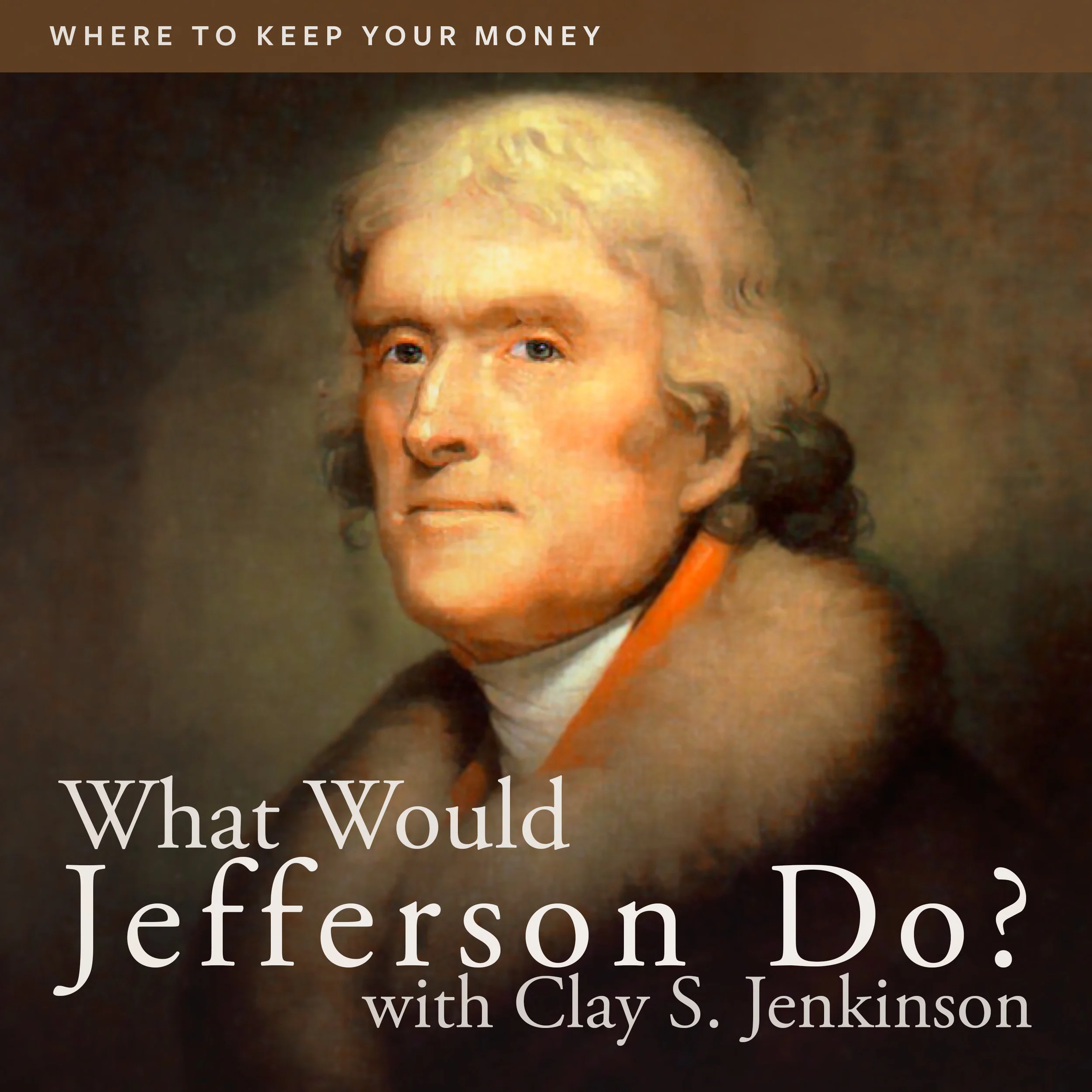“In my ideal America, I would have preferred a barter economy to a money economy.”
Tune in to your local public radio or join the 1776 Club to hear this episode of What Would Thomas Jefferson Do?
Listen to this week's episode.
"In your time, you have the Federal Deposit Insurance Corporation. When you put money in a bank, it's protected by the government of the United States. When I put money in a bank, that bank could disappear overnight and I could sue it in civil court to get my money back but I might never receive a penny of it."


"I candidly confess that I have ever looked on Cuba as the most interesting addition which could ever be made to our system of states."
— Thomas Jefferson to James Monroe, October 24, 1823
Clay returns from his recent cultural tour to Cuba. He gives an in-depth report on the country, its history and people, and Thomas Jefferson’s thoughts on Cuba.
“Behold me at length on the vaunted scene of Europe! […] I find the general fate of humanity here, most deplorable. The truth of Voltaire's observation, offers itself perpetually, that every man here must be either the hammer or the anvil.”
— Thomas Jefferson, 1785
We speak with President Jefferson about his time spent in France.
"Jefferson yielded to Madison's stronger concern. He needed him and he trusted him."
— Clay S. Jenkinson
"This is a French school of economics and social thinking that I subscribed to, at least in part, that says that wealth comes from the soil"
— Clay S. Jenkinson portraying Thomas Jefferson
President Jefferson answers listener questions about Jefferson as a guide for our troubled times, Jefferson’s views on slavery, and his thoughts on J. Hector St. John de Crèvecœur's Letters from an American Farmer, published in 1782.